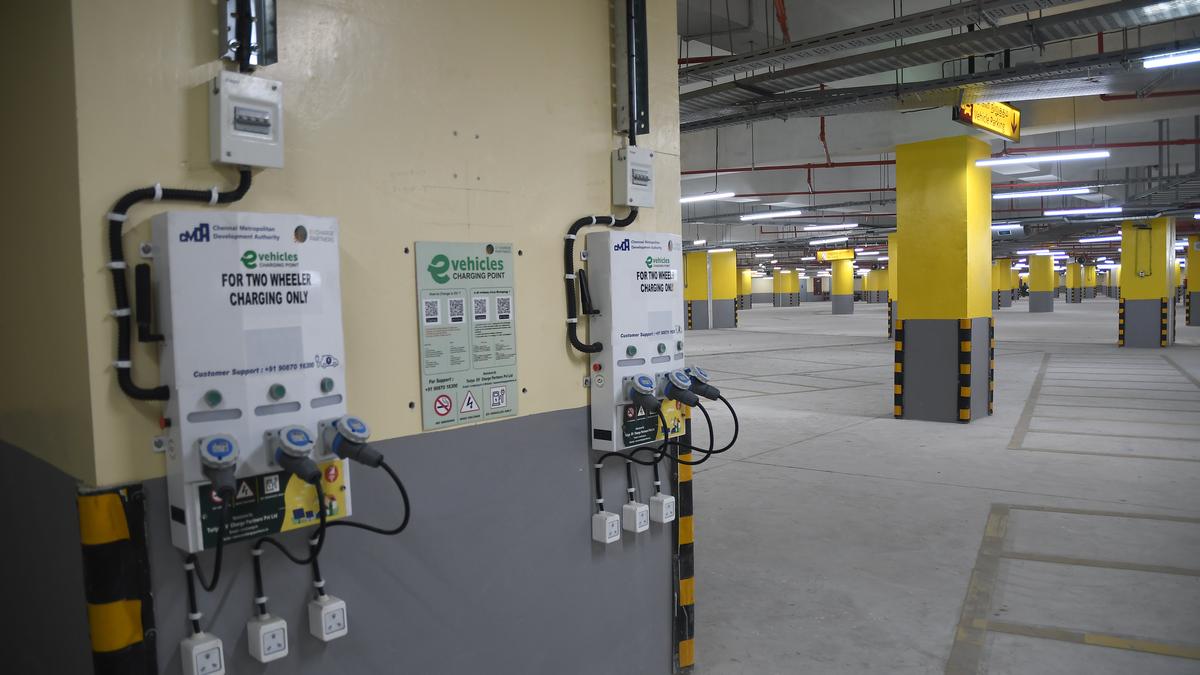
Tamil Nadu has been late to procure electric buses: Phanindra Reddy Premium
The Hindu
The transport sector is the second largest contributor to carbon emissions in India. So, several States nationwide have been attempting to decarbonise the sector with multipronged strategies--one of them is to reduce public transport’s carbon footprint.
The transport sector is the third largest contributor to carbon emissions in India. So, several States nationwide have been attempting to decarbonise the sector with multipronged strategies--one of them is to reduce public transport’s carbon footprint.
Come April, Chennai would be introduced to a new fleet of 500 electric buses that the State has procured for its public transport corporation--MTC Chennai Ltd. This would make Tamil Nadu the fifth State after Karnataka, Telangana, Maharashtra and Delhi to deploy e-buses as part of the State’s transport sector decarbonisation efforts.
These 500 buses are the first of a three-phased induction of a total 1,300 into the city’s public transport system by the end of the year. An interesting aspect of this process has been the procurement and operation and maintenance of these buses--they have been procured at what is called the gross cost contract (GCC) model, which allows the MTC to pay the supplier and the operator a per kilometre rate for running the buses.
Tamil Nadu’s Additional Chief Secretary (Transport) K. Phanindra Reddy explains why the State has ventured into this model, the government’s future plans on integrating e-buses into other public transport units, the challenges to standardising charging and battery infrastructure, and more.

 Run 3 Space | Play Space Running Game
Run 3 Space | Play Space Running Game Traffic Jam 3D | Online Racing Game
Traffic Jam 3D | Online Racing Game Duck Hunt | Play Old Classic Game
Duck Hunt | Play Old Classic Game











